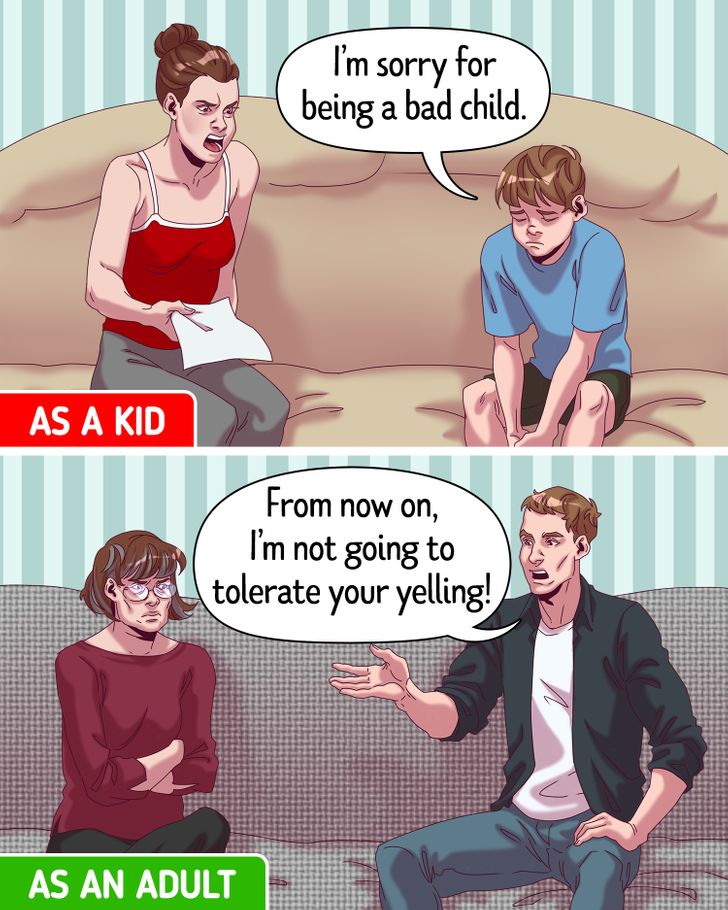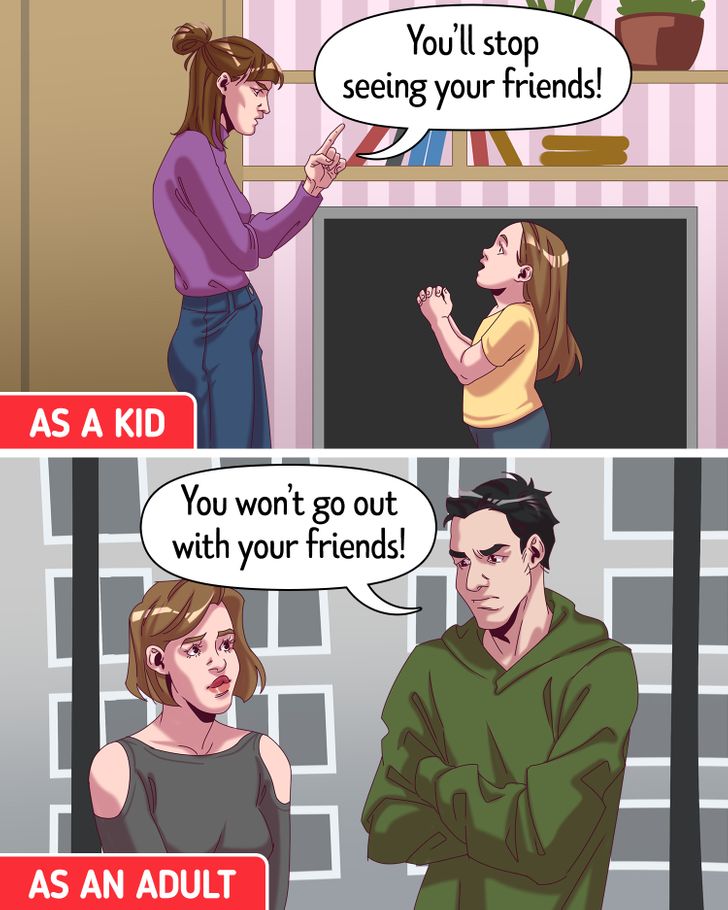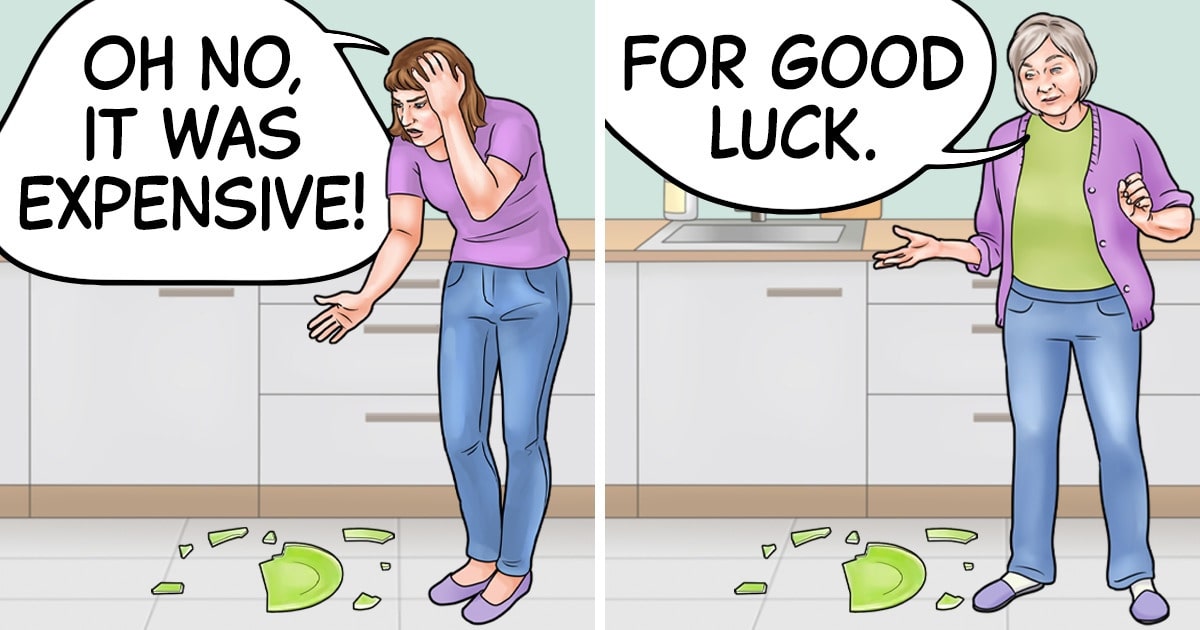Your life can become a prison if your parents constantly tell you that you are not good enough. This greatly affects a person’s adult life, leaving you without confidence in yourself, without opinions, and without a critical voice within you.
Healing doesn’t come with a coup of willpower, but with the right advice, it can become a journey that you need and can take. We have found some ways to learn to understand your situation and restore your life for the better.
Stop Trying To Please Them

If you don’t like what your parents envisioned for you, you don’t have to listen to them.
What to do: please yourself and not them; it’s okay to put yourself first.
Remember:
What you have to do is remember that generosity and pleasing people are two different things. True generosity comes from a genuine and healthy self-esteem in sharing that pleasure.
However, pleasing people comes from lowering that self-esteem and seeking approval from your parents.
Rebuild Your Opinions

Living with toxic parents means that you don’t know how to express your feelings and thoughts in a healthy way. It’s easy to get lost when there’s another, stronger voice by your side.
What to do: Practice your opinions with someone you can trust, such as a friend or other family member. For example, when it’s time to go out with your friends, suggest a place you want and say something like “How about going to the movies?”
Remember: preferences are not something you should start a fight about. It’s a matter of honesty, even when you listen to someone else’s opinion, like, “I understand what you are saying, but I see the situation differently.”
Stop Criticizing Yourself

If you were abused, ignored or criticized as a child; In your mind, you are probably used to tough internal conversation. We tend to stick to other people’s cruel messages, but you can change your thoughts.
What to do: become aware of the critical voice inside your head and write down what it says. Next to them, write a positive thought to replace them. This could be seen as: “You will never be as good as others”, or “No one can take my place.”
Remember:
Go for a walk, take a nap, visit your favorite place, or do whatever you like to do. If you find that your critical voice is about to emerge when you do these activities, block it out by saying, “I have courage and it is important to me to have fun or rest.”
Set Boundaries And Enforce Them

When you set clear boundaries, you limit how others treat you. This creates a physical and emotional space between you and your parents, something you probably didn’t have as a child.
What to do:
Setting boundaries with your parents begins when you decide what is prohibited and what you are willing to do. Think ahead if there is something you don’t want to share with them.
For example, say no to surprise visits, since you decide who you are going to spend the holidays with and answer messages and calls when you are ready.
Remember: relationships should be built on the foundation of respect, which does not come with those who treat you badly. At first, it can be awkward to set limits and tell your parents how you want them to treat you.
Try Not To Be Around Other Toxic People

Growing up with toxic parents probably means that you have lost nurturing, warmth, and love. This brings you closer to people who share these same qualities with your parents.
Inadvertently, you may seek out someone with a similar personality to gain support that you did not have with your parents.
What to do: Ask yourself questions that will help you become aware of the type of person around you, such as “What do you have in common?” or “What do you almost like about your relationship with your parents?” or “What keeps you with them?”
Remember: other toxic people can have the same negative influence on your life, and you won’t find the warmth, love, and care that you felt in them either.
Can you share your own strategies that can help someone deal with toxic parents? What kind of side effects do you think toxic parents can have in our adult life?









